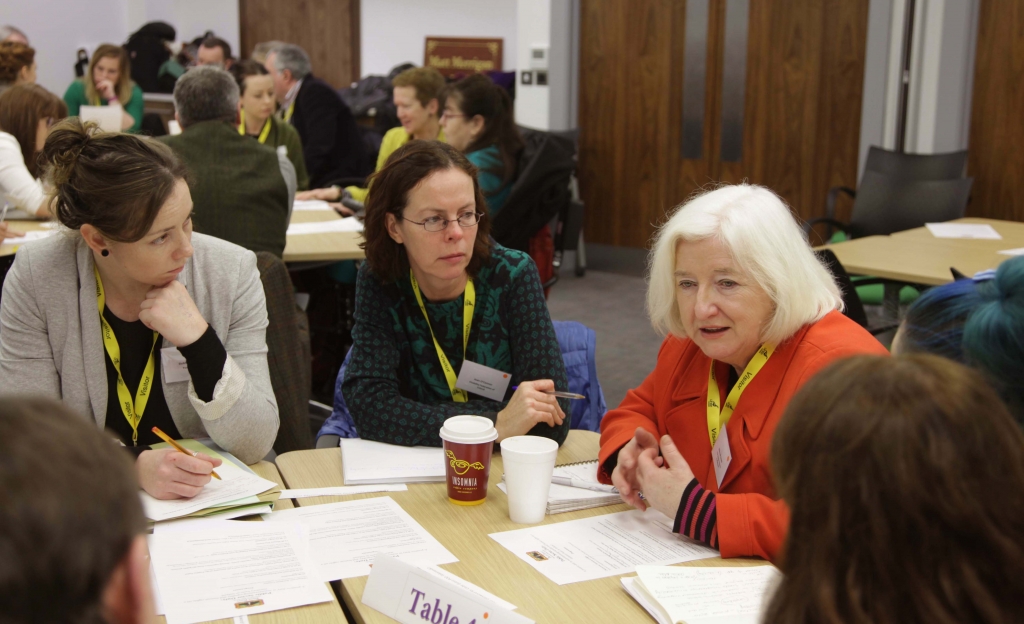Ethnic data collection within a human rights framework in Ireland
What is the project?
This project is part of an ongoing campaign for ethnic data collection within a human rights framework in Ireland by Pavee Point Traveller and Roma Centre.
This one year project funded by the Open Society Foundation, focuses on advocating for the inclusion of an ethnic identifier in official data collection in Ireland; and where this takes place that implementation, monitoring and evaluation are in line with relevant human rights standards.
This is central to monitoring and therefore combatting anti-Traveller and Roma discrimination and promoting equality of access, opportunity and outcome for members of the communities.
What will the project do?
– Engagement with state actors to ensure that relevant stakeholders are equipped, confident and skilled in implementing, monitoring and evaluating ethnic data; and can apply human rights principles, practices and processes to ethnic data collection.
– Generating awareness within Traveller and Roma communities about disaggregated data collection to combat low levels of disclosure of ethnic identity.
– Building from community development principles, ensuring the active participation and consultation of Travellers and Roma at all stages of the project in order to generate effective and sustainable change.
What type of activities?
Throughout the project, a range of policy materials on ethnic data collection will be developed for all stakeholders. A series of national seminars will take place and training workshops for Traveller, Roma and other relevant stakeholders will be run. Direct meetings with relevant stakeholders will also take place. A reference group with representatives from the named stakeholders will meet throughout the project to shape this work. Learning will be documented and shared and disseminated at national and EU levels to benefit Traveller, Roma and other minority ethnic communities.
Why is ethnic data collection a priority?
Research and anecdotal evidence show that Travellers and Roma are one of the most marginalised and impoverished groups in Ireland. As elsewhere in Europe, anti-Traveller and Roma discrimination, racism and prejudice are widespread and deep-rooted.
Travellers and Roma are subjected to both indirect and direct discrimination, which results in inequality of opportunities, access and outcomes in employment, social protection, education, health and accommodation.
Currently, ethnicity is not included as an administrative category in official data collection systems. This results in serious gaps in knowledge about the situation and needs of Travellers and Roma and absence of evidence based policies and practices to ensure the needs of minority ethnic communities are met.
Previous efforts to collect ethnic data in Ireland have been largely conducted outside relevant human rights standards and breach data protection principles. Often ethnicity has often been ascribed by a data collector to minority ethnic groups including Travellers and Roma, rather than the application of a universal question on ethnicity through voluntary self-identification. Information is not disaggregated or made available in timely manner to the relevant stakeholders.
Ethnic data collection and analysis, would allow for evidence based policy-making and measurement of policy outcomes for Travellers and Roma, including the monitoring of mainstream initiatives. It can identify where discrimination and racism is occurring and promote equality of access and outcomes from services.

